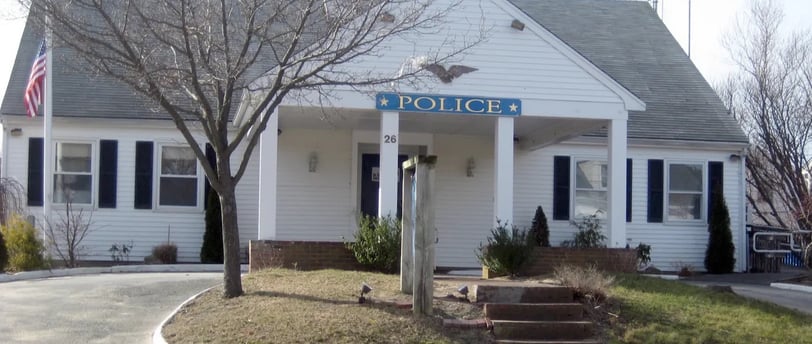What do the Proposed 40 Condos do for Provincetown's Housing Crisis
Meet Lucy, the Towniedoodle mascot, leading a movement for housing stability! Towniedoodle ($tdood) is more than a meme coin; it’s a community-driven initiative to support the Townie Token, a hybrid currency backed by real estate. Together, we’re building a pawsome future—one wag at a time!
5/8/20241 min read


Breakdown of What Proposed Condos do for Provincetow
1️⃣ It Doesn’t Address the Needs of the Average Resident 🚫
• Median income in Provincetown: ~$56,000 per year (U.S. Census).
• A $400K condo (the cheapest option) would require ~$90K-$100K in annual income to afford comfortably.
• A $600K+ condo would require well over $130K-$150K+ per year in earnings.
• Since most year-round workers earn far below these numbers, these units aren’t affordable for the people who actually need housing (hospitality workers, service staff, teachers, small business employees, etc.).
2️⃣ It Benefits Higher Earners, Not the Workforce ⚖️
• These condos are financially accessible to wealthier seasonal residents, second-home buyers, or retirees, not the workforce struggling with housing insecurity.
• Many of these units will likely be purchased as investments, vacation homes, or short-term rentals rather than owner-occupied by year-round workers
3️⃣ Increased Housing Prices & Further Displacement 💸
• More high-end condos = rising property values and rents for everyone.
• Nearby landlords may raise rents, assuming demand for higher-end housing rather than workforce housing.
• Current year-round renters may be pushed out as landlords convert properties to short-term rentals or condos to match the new price trends.
4️⃣ It Worsens the Year-Round Rental Shortage 🏚️
• With 40 new condos, fewer homes may be available for rent at affordable prices.
• More units being used seasonally instead of year-round worsens Provincetown’s ongoing lack of stable rental housing
5️⃣ Does Not Create True Affordable Housing Solutions ❌
• For this to actually help, units need to be priced well below $400K, or include significant subsidies, rent controls, or workforce housing guarantees.
• Without restrictions, most units will be out of reach for Provincetown’s middle- and lower-income workers.


